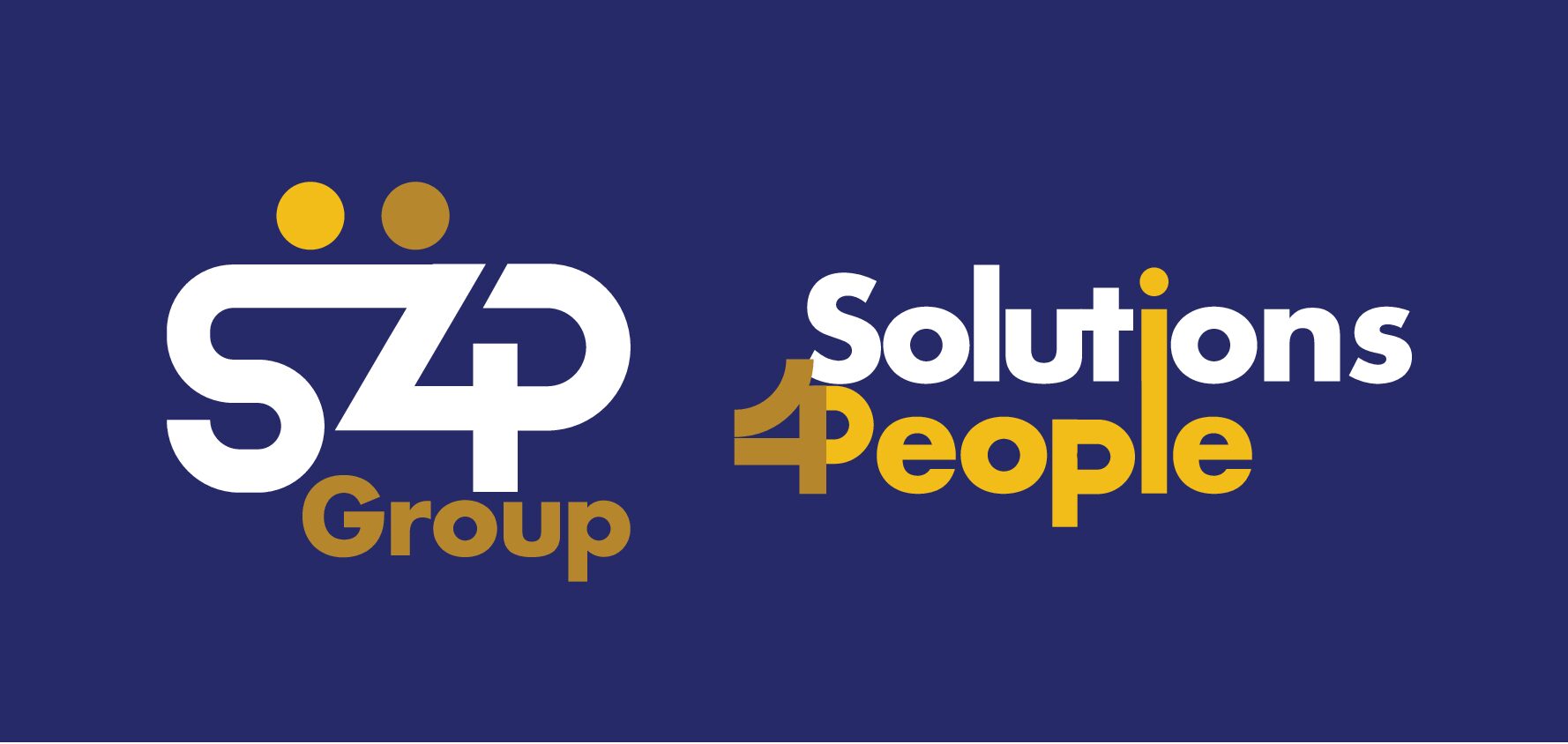+256 772 630763 | +256 703 630763 | info@s4pgroup.org

Assessing the impact of the covid-19 pandemic on informal women workers
International Centre for Research on Women (ICRW) ● March 2022
What was the issue?
When the government of Uganda announced lockdown measures to prevent the spread of the corona virus during the Covid-19 pandemic, there was a significant impact on livelihoods. To those organizations tasked with strengthening women’s economic empowerment, the pandemic provided an opportunity to gather evidence of women’s vulnerability to the negative effects of such adverse events and the potential of such calamities to exacerbate pre-existing challenges.
What did S4P Group do?
We carried out a survey of a women working in the informal sector and produced a compendium of 26 stories “Fighting for their livelihoods in the face of a deadly pandemic: Stories from women in Uganda’s informal sector.”
The sources of these stories ranged from market traders in cereals, dry produce, fresh food, street food, fruits and vegetables, fish, as well as crafts and second hand clothes. There were also perspectives from domestic workers, people with disabilities, hair salon owners, and tailors. While the surveyed group was diverse, from Kampala, Wakiso and Busia, the compendium of stories drew out common challenges and suggestions for government and institutional support.
How did the S4P Group approach provide value?

The interviews we conducted were designed to produce relatable stories that accurately portrayed the devastating consequences of the pandemic lockdowns, including loss of livelihood, exploitation, domestic turmoil, and interruption of education. With many of the interviewees being leaders in their places of work, the broader perspectives provided useful information for advocacy and policy making.
What is the impact?
The survey contributed to the generation of evidence that is being used to strengthen programmes for women working in the informal sector.
In March 2022, ICRW held a policy dialogue with government officials from the Ministry of Gender Labour and Social Development, Equal Opportunities Commission, Parliament of Uganda, Uganda Bureau of Statistics, women’s groups in the informal sector, and civil society organisations. They discussed measures to formalise social protections for women in the informal sector and looked at longer-term solutions that will address the underlying inequities that they face.
